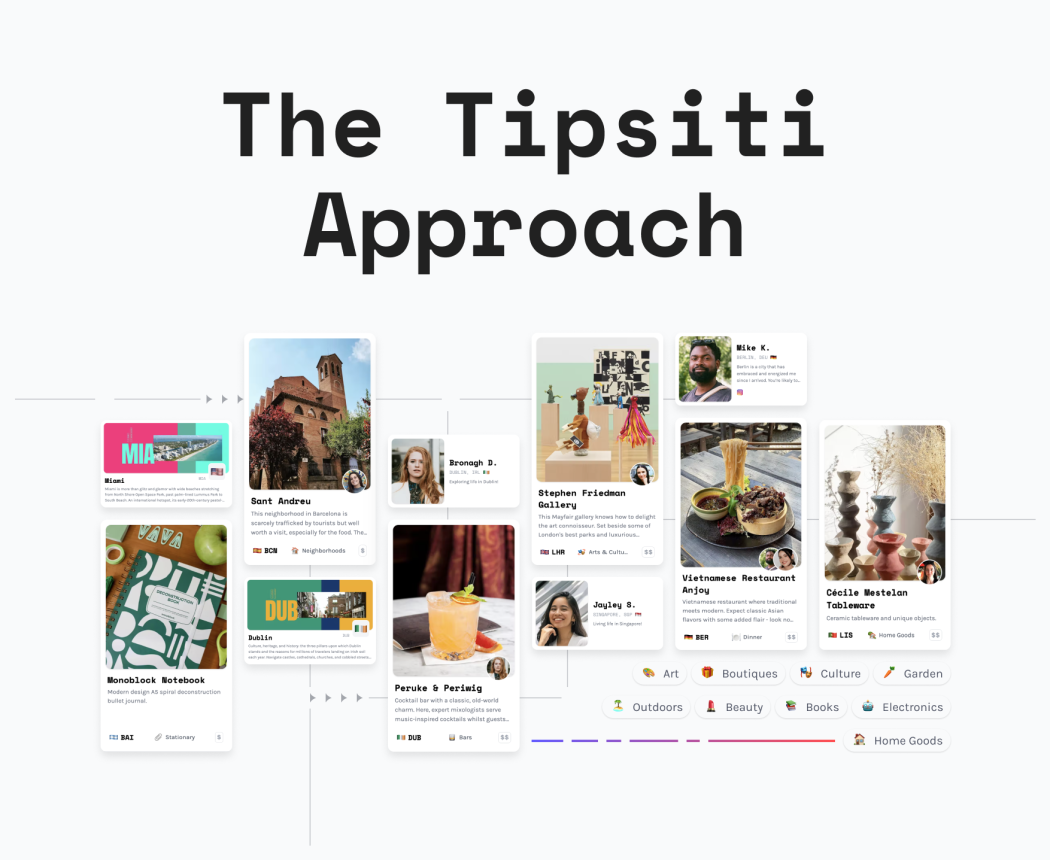Utilizing Hotel Data for Increased Guest Satisfaction
Data is transforming the guest experience. By gathering and analyzing guest preferences, hotels can anticipate their needs, tailor offerings, and even surprise them with personalized service that exceeds expectations. These practices are some of the most effective ways to elevate the guest experience in hospitality.
Valuable Data
Hotels and other hospitality businesses can leverage various types of guest data – from basic contact information and demographic characteristics to customer-specific historical data and personal preferences.
Read more about important types of data used in hospitality.
Personalized Experiences and Tailored Hospitality
Guest data is the cornerstone of personalization, allowing hotels to craft experiences that resonate with individual preferences. This level of personalization results from the meticulous collection and analysis of data; hotels can curate rooms, services, hospitality upgrades, and amenities that feel as though they were designed specifically for each guest. Such a tailored approach creates a profound sense of being truly understood and valued, elevating guest satisfaction.
Big data also tells us that personalization matters – now more than ever. Consumers expect hospitality businesses to curate and deliver memorable experiences that resonate.
Anticipatory Service
Data-driven excellence goes beyond reactive service; it's about being proactive. With insights about guest preferences, front desk teams can anticipate needs before they're expressed. Whether it's having a preferred brand of mineral water in the room or ensuring that the room's thermostat is set to the guest's preferred temperature, these thoughtful touches underline a hotel’s dedication to exemplary service.
But anticipatory hospitality goes further. Hotels can analyze more general market data to detect consumer patterns and accommodate better relations with their brand. If most of their guests opt for mobile bookings, the hotel can deploy a tailored and intuitive mobile booking platform that mitigates the need for OTAs. Similarly, if guests frequently arrive via the local airport, a hotel can implement a private car service for that extra degree of guest comfort.
As such, hotels can leverage guest data to accommodate individuals and groups better.
Loyal Guests and Loyalty Programs
When guests feel that their preferences are recognized and valued, it fosters a sense of loyalty. The data-driven approach to guest satisfaction extends beyond a single stay – it's about building lasting relationships. By consistently delivering personalized experiences that go above and beyond, hotels can cultivate long-term loyalty. Loyal guests are more likely to return for future stays and are also more inclined to become enthusiastic brand advocates, spreading positive word-of-mouth recommendations. In the competitive hospitality landscape, guest loyalty is a priceless asset that directly contributes to increased guest satisfaction and revenue growth.
Read more about how personalization fosters guest loyalty and why repeat guests are vital for hoteliers.
Similarly, hotels can leverage guest data to enhance their brand’s loyalty programs. Analysis of historical data and previous stays can enable hotels to tailor rewards to specific guest preferences – complimentary spa services that a guest has previously expressed love for, exclusive deals based on their booking history, or room upgrades for special occasions.
Enhanced Feedback and Improvement
Data-driven excellence extends to post-stay interactions as well. After departure, hotels can solicit feedback and reviews based on the guest’s experience. This feedback is a valuable source of information for identifying areas of improvement and refining services. By actively listening to guest feedback and taking action to address concerns or suggestions, hotels demonstrate their commitment to continuous improvement. This responsiveness reinforces the perception of guest-centricity, enhancing overall guest satisfaction.
The Bottom Line
The utilization of guest data is a transformational force in the hospitality industry, poising proactive businesses for success. Hotels leveraging this information can maximize the guest journey with personalized experiences, tailored hospitality, anticipatory service, and enhanced loyalty rewards. These consumer-business interactions leave an indelible and enriching mark on the guest experience.
The Tipsiti Approach 🔗
Tipsiti echoes the growing demand for personalized hospitality. While guest data allows properties to refine their in-house experience – whether through tailored room offerings, targeted communications, and so on – Tipsiti empowers hotels to personalize the guest experience beyond their front door.
Tipsiti’s digital concierge solutions allow hotels to deliver a curated map of insider travel recommendations directly to their guests. This virtual guidebook can be tailored to individual preferences through intuitive categories, filters, and guest profile customizations. As such, guests are empowered to explore your city through the lens of what local communities love best, creating more memorable experiences and ultimately feeling more satisfied with their stay.
Tipsiti also cultivates data-based resources for improved hospitality and city-based travel, such as an extensive database of additional travel information, need-to-know bloggers, location insiders, and food guides.
These technology-driven solutions target guest satisfaction and also reduce operational costs for hospitality businesses – hotels can deploy a premier concierge experience without budgeting for increased employee workloads or expensive equipment. Bottom line: Tipsiti targets maximized return on investment.
With Tipsiti, advocate efficient, confident, and personalized exploration – show guests how best to explore your city with a tailored map of recommendations.
